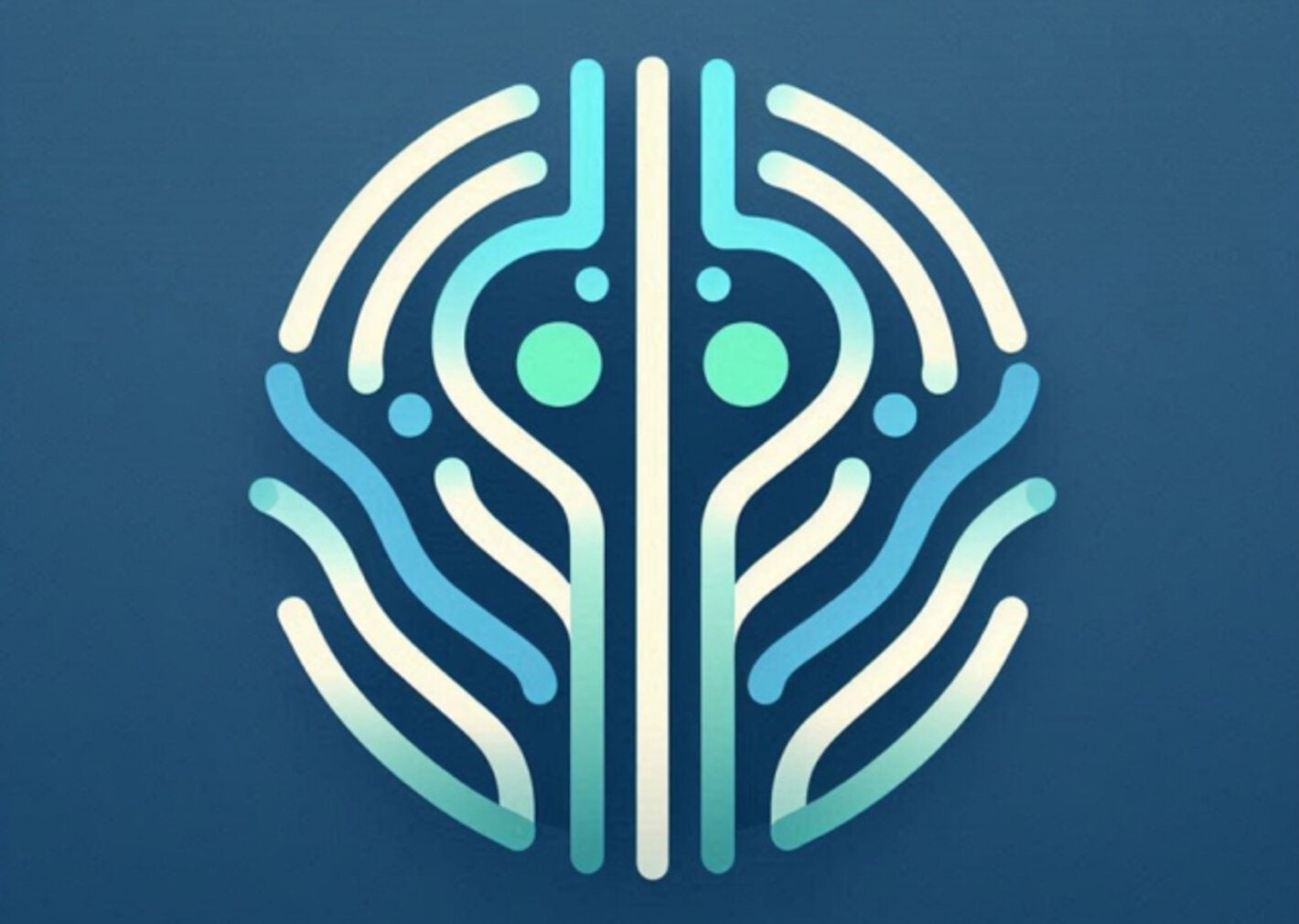
Washington, DC, August 15, 2024 (PAHO) - The Pan American Health Organization (PAHO) and the Inter-American Development Bank (IDB) recently launched the Artificial Intelligence (AI) in Public Health: Readiness Assessment Toolkit, a tool that enables countries to optimize their capacity to integrate AI into public health systems.
The document seeks to drive informed decision-making on the use of innovative tools that support digital health, in order to promote the implementation of AI in strategic planning, improved health outcomes and operational efficiency.
The guide also provides a comprehensive framework for assessing various dimensions such as governance, infrastructure, data management, and financing, among others.
“Artificial intelligence is rapidly transforming public health, offering powerful tools to modernize health systems and services,” Dr. Jarbas Barbosa, Director of PAHO said.
The methodology includes a series of questions grouped by essential categories, from existing healthcare infrastructure and digital health landscapes, to the availability of quality data, health workforce preparedness, and regulatory frameworks. Other areas such as awareness, education and public engagement are also addressed.
The initiative is part of PAHO's digital transformation toolkit and aligns with the implementation of the Eight Guiding Principles of Digital Transformation in Health. These principles provide a strategic framework to ensure that digital health initiatives are equitable, sustainable and impactful.
“PAHO is deeply committed to supporting all Member States in integrating AI into their public health systems. Embracing AI in public health is a collective effort to ensure no one is left behind,” Dr. Barbosa said.
Through this new tool, PAHO and the IDB reaffirm their commitment to support the digital evolution of health sectors across the region, ensuring that countries can leverage innovative digital solutions to improve public health outcomes.



